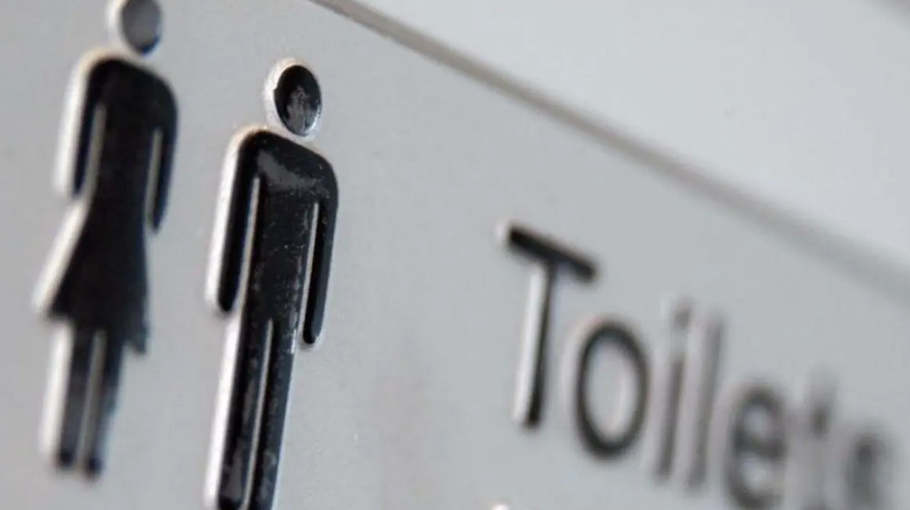World Toilet Day 2021
No proper toilets for 103m people

On the occasion of the World Toilet Day 2021, UNESCO stated that 3.6 billion people across the world do not have a properly working toilet.
According to the recent report by World Health Organisation (WHO)/UNICEF Joint Monitoring Programme (JMP) for Water Supply, Sanitation, and Hygiene, 103 million people lack access to toilets with safely managed sanitation facilities in Bangladesh.
The report states that a basic sanitation service consists of a facility that hygienically separates human excreta from human contact i.e an improved toilet that is not shared with other households, which is not the scenario among half the population of the country.
However, a recent survey by Bangladesh Institute of Health Sciences Hospital (BIHS) shows a much needed positive statistic. The survey data shows that there have been positive changes in sanitation facilities used in rural Bangladesh.
“The majority of the rural households use pucca latrines and sanitary latrines without flushes. The percentage of households reported to use sanitary latrines without flushes increased from 25.5 pc to 46.5 pc throughout the last decade,” states the survey report.
The JMP report highlighted how Bangladesh is massively lagging behind in comparison with other countries in the world. However, the BIHS data suggest that the country has been improving slowly, in terms of sanitation facilities.
Prof M Muzaherul Huq, former adviser to World Health Organization (WHO) and founder of Public Health Foundation of Bangladesh told Bangladesh Post that it is important to have proper toilets in busy regions of the country like the capital.
“The number of public toilets in Dhaka is not enough for its population. It is essential to take an initiative to make toilets accessible for both men and women all over the city,” he said.
While talking to this correspondent, other expert city planners highlighted the need to improve the toilet facilities in the slum areas of the city. Such areas are prone to water-based disease and can become points from where they are spread.
Dhaka is home to over 75 public toilets, around 55 in the South and over 20 in the North. However, most of them remain ill-maintained and unhygienic. Although there are examples of very good public toilets such as the Gabtoli public toilet, most of the others remain in dire conditions.
Concerned city corporation officials told this correspondent that in addition to improving the existing toilets, there are plans to equip the capital with a large number of proper public toilets.
The World Toilet Day is celebrated every year on the 19th of November in order to celebrate the importance of toilets and raise awareness of the people living without access to safely managed sanitation.
UNESCO reports state that when people in a community do not have safe toilets, everyone’s health is threatened. Poor sanitation contaminates drinking-water sources, rivers, beaches and food crops, spreading deadly diseases among the wider population.
This year’s theme focuses on ‘valuing toilets’. The campaign conducted for the day draws attention to the fact that toilets along with its supporting sanitation systems are underfunded, poorly managed or neglected in many parts of the world, with devastating consequences for health, economics and the environment, particularly in the poorest and most marginalized communities.
On the other hand, according to UNESCO, the advantages of investing in an adequate sanitation system are immense. For instance, every $1 invested in basic sanitation returns up to $5 in saved medical costs and increased productivity, and jobs are created along the entire service chain. Also, women can fulfill their potential in society, especially during menstruation and pregnancy.
The solution rests in the hands of the respective governments and their decisions to tackle the global sanitation crisis and achieve Sustainable Development Goal 6: water and sanitation for all by 2030, as per UNESCO.
“Even though sanitation is a human right recognized by the United Nations, we urgently need massive investment and innovation to quadruple progress all along the ‘sanitation chain’, from toilets to the transport, collection and treatment of human waste,” states UNESCO in their message addressing the day.
As part of a human rights-based approach, governments must listen to the people who are being left behind without access to toilets and allocate specific funding to include them in planning and decision making processes, added the statement.




